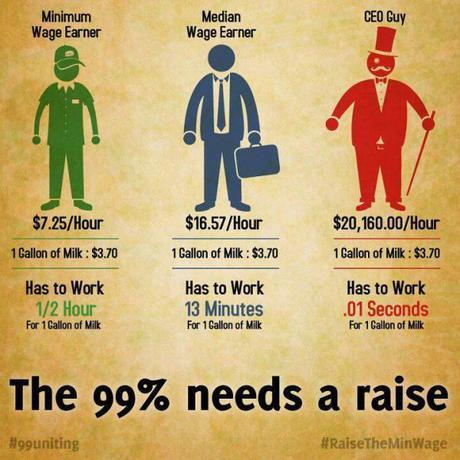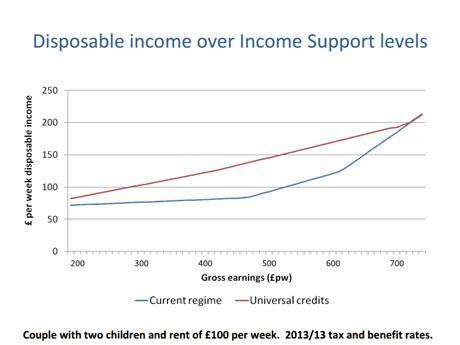When Governments across the world are broke, and public hatred of the unemployed remains high, it seems like an odd time to float the idea of a Citizen’s Income. Yet the policy of the state paying a basic income to every citizen has become more popular than ever. Switzerland will hold a referendum on the policy this year; a citizens’ initiative is being held to force the EU to consider it; and the resurgent Green Party of England and Wales has adopted the idea as its flagship manifesto offering. The latter is particularly exciting, as the Greens are poised to eclipse the Liberal Democrats as the fourth most popular party in Britain.

But isn’t “paying for people just for being alive” (as critics brand the policy) an economic impossibility? How could the state afford to dish out £3,600 per year, the current level of Income Support benefit, to every citizen? Is a citizen’s income just a far-left daydream?
In Switzerland, economists and politicians agree that that a Citizen’s Income is viable. They only argue as to whether it is desirable, often on the grounds that people should not ‘get something for nothing’. I think that drawing profits from speculation in property, currency and shares might also be described as getting something for nothing, but that doesn’t seem to concern these people. And in any case, a Citizen’s Income is also useful in that it can drastically reduce the size of the welfare state: unemployment benefit, child benefit, the basic state pension, child benefit, student loans, and income support can all be reduced or abolished altogether, something many right-wingers have been dreaming about since the welfare state came into existence. Overall, a Citizen’s Income would render £171 billion worth of benefits and administration unnecessary, reducing the welfare state to as little as 30% of its current size.
In order to calculate the costs of a Citizen’s Income, its UK supporters have proposed the following rates:
- £56.25 per week for under 18s. This would be paid to parents instead of Child Benefit and Child Tax Credit.
- £56.25 per week for 18-24 year olds. This is equivalent to the ‘youth rates’ of key benefits like JSA.
- £71.00 per week for 25-65 year olds, equivalent to standard rates of JSA and Income Support.
- £142.00 per week for the over 65s, identical to the flat rate state pension that is being introduced anyway.
Together with £3 billion a year for running costs and administration, the total costs would be £261 billion- a net cost of just £90 billion per year.
OK, there’s no ‘just’ about £90 billion, but it is a surprisingly low figure given how ambitious the scheme is. That money could then be found with surprising ease: by abolishing the Personal Allowance and 0% National Insurance bands altogether, meaning that workers would pay normal tax rates from the very first pound they earned. Ordinarily, that would be a hugely regressive move: the Personal Allowance exists to mitigate the benefits trap. As means-tested benefits are withdrawn quite sharply as one’s earnings increase, it has been known for some people to be better off on benefits than working with a low income and benefits ‘top up’. By removing taxes on very low wages, and now with the ‘Universal Credit’ policymakers have aimed to make it worthwhile to work on very low wages. They have had very limited success.

Source: the Guardian
However, Citizen’s Income would immediately solve the benefits trap by ensuring that every extra pound earned through work would translate into 68p (after Income Tax and NI) in a worker’s pocket, as Citizen’s Income is not means tested. This also means that part-time work becomes a viable option for those who want it. Thus the Citizen’s Income empowers people to shape their careers around their needs, not those of a complex and often self-contradictory benefits system.
It has been argued that this financial freedom could be abused. Why would people work if they could live off the Citizen’s Income, which won’t be withdrawn for failure to find work? Won’t it be a magnet for immigrants? To the first, I would answer that it would be tough to survive on £71 per week in the long-run, as any JSA claimant could testify. True, there would be some who decide not to work, but they would not have a comfortable existence. And as previously explained, it would always be worthwhile to work: in a region of rural India where a Citizen’s Income was trialed: the employment rate actually rose. Also, a top-up unemployment benefit could be introduced to reward the unemployed who are seeking work. To the second, it should be noted that those supposed ‘benefits tourists’ with the determination to milk the system can do so already. All these tabloid reports of benefits tourists aren’t describing migrants sleeping on the street and being denied access to existing benefits! In any case, payment of the Citizen’s Income could, as the name suggests, be made conditional on British citizenship.
The Citizen’s Income is a revenue-neutral idea that could provide a substantial boost to low earners and sure up support for a welfare system based on solidarity and universality. The only barriers to its introduction are political, and not necessarily from right-wing opposition. Alaska, hardly a beacon of socialism, already operates a limited Citizen’s Dividend of around $1,000 per person per year from its sovereign wealth fund. All that would actually be needed to make the policy a reality is the opening of people’s minds.
For further reading, please see the Citizen’s Income Trust 2013 report. American readers may be interested in the Basic Income Guarantee Network.

